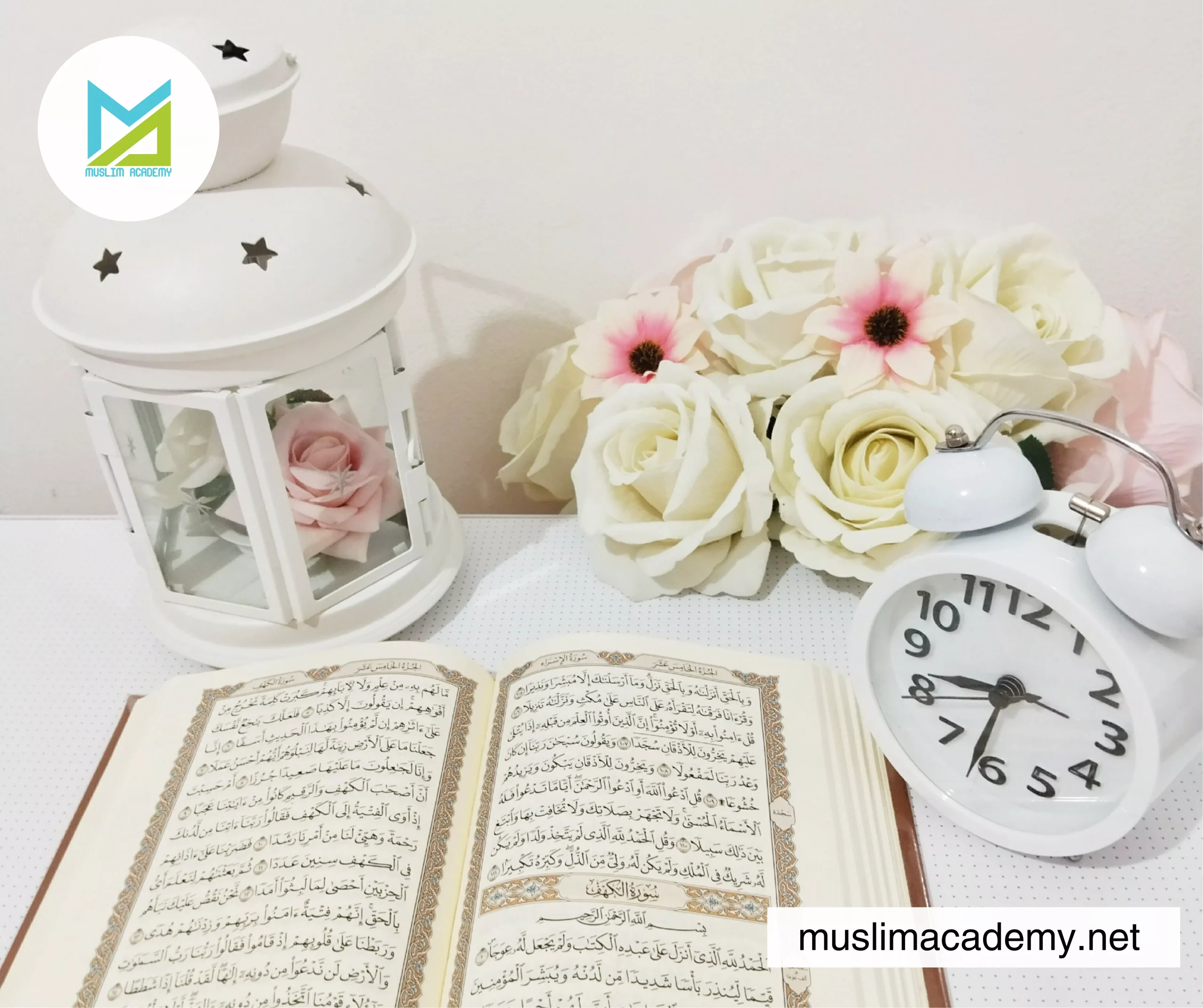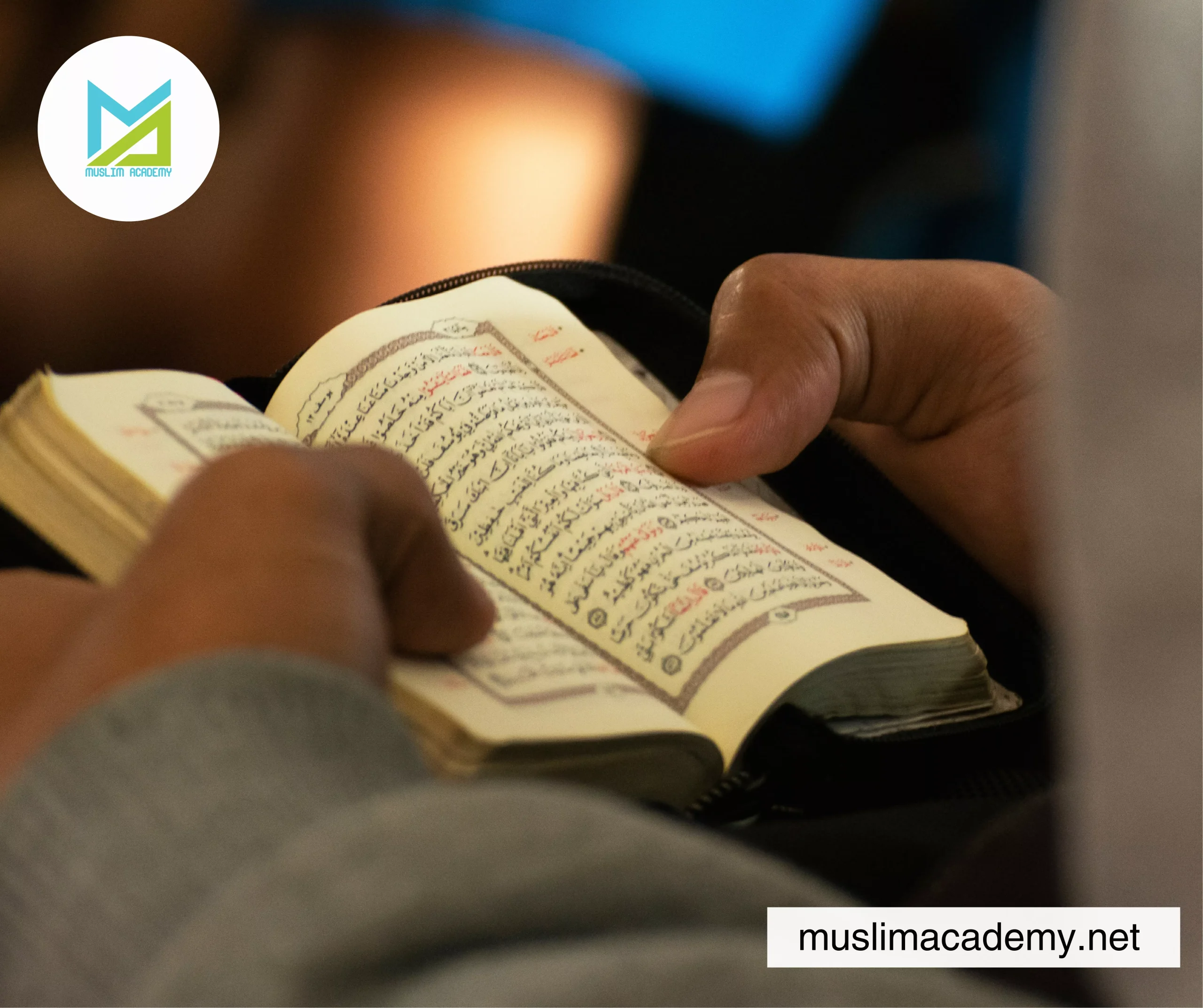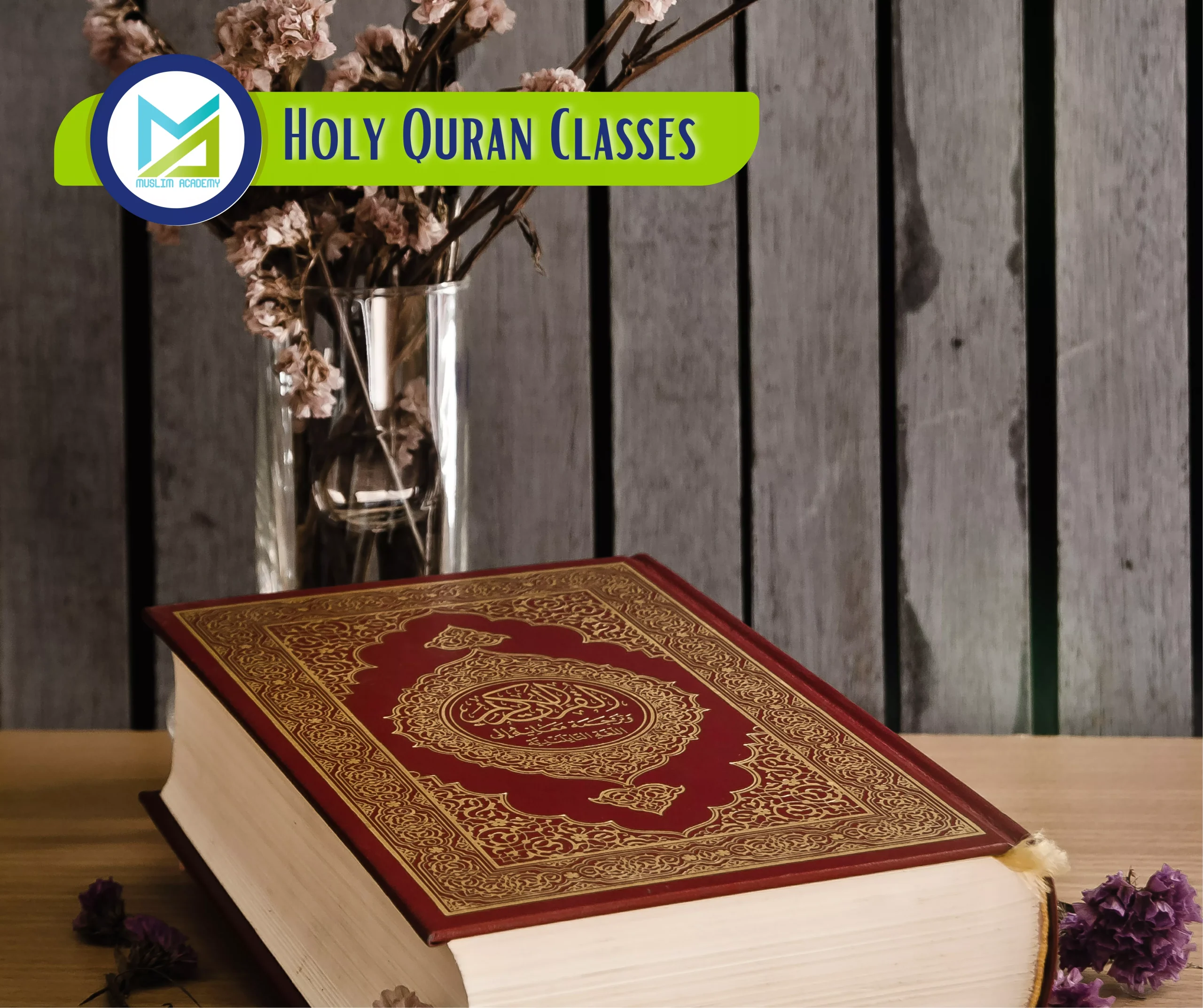Start Online Quran Classes with Muslim Academy
https://muslimacademy.net/index.php/free-trial/
The pursuit of Quranic knowledge represents one of the most noble and rewarding endeavors in Islamic tradition. Holy Quran Classes with Muslim Academy provide structured pathways for Muslims of all ages and backgrounds to deepen their understanding of Islam’s sacred text while developing the skills necessary for proper recitation, memorization, and spiritual reflection. These educational programs serve as bridges between ancient Islamic wisdom and contemporary learning needs, creating environments where students can grow spiritually while acquiring practical skills that enhance their religious practice and daily lives.
The Sacred Nature of Quranic Education
Approaching Quranic education requires recognition of the sacred nature of the text and the spiritual responsibility involved in learning and teaching Allah’s words. Holy Quran Classes with Muslim Academy are designed with deep reverence for the divine origin of the Quran, creating learning environments that honor both the academic rigor required for proper study and the spiritual humility appropriate for engaging with sacred scripture. This dual focus distinguishes Islamic religious education from secular academic pursuits, requiring instructors and students to maintain constant awareness of the spiritual dimensions of their educational journey.
The reverence that characterizes authentic Quranic education influences every aspect of class structure, from the physical arrangement of learning spaces to the attitudes and behaviors expected of participants. Students learn not only to read and understand the Quran but also to approach it with the respect, mindfulness, and devotion that befit divine revelation. This spiritual dimension transforms educational activities into acts of worship that contribute to both intellectual development and spiritual purification.
Traditional Islamic education has always emphasized the transformative power of Quranic study, viewing education not merely as information transfer but as a process of spiritual development that shapes character, ethics, and worldview. Modern Holy Quran Classes with Muslim Academy continue this tradition, creating learning experiences that impact students’ entire lives rather than simply adding to their knowledge base.
Comprehensive Curriculum Development and Structure
Effective Holy Quran Classes with Muslim Academy feature carefully structured curricula that address multiple aspects of Quranic learning while accommodating different student ages, backgrounds, and learning objectives. Beginning levels typically focus on Arabic alphabet recognition, basic pronunciation rules, and simple verse recitation, providing solid foundations that support advanced study in later stages of education.
Intermediate curricula often emphasize Tajweed mastery, expanded memorization work, and introduction to Quranic meanings and interpretations. Students at this level develop greater independence in their studies while receiving continued guidance and support from qualified instructors who monitor their progress and provide personalized feedback.
Advanced Holy Quran Classes with Muslim Academy may include intensive memorization programs, detailed study of classical commentaries, exploration of linguistic analysis, and preparation for teaching or scholarly careers in Islamic education. These programs require significant commitment and dedication but provide unparalleled opportunities for deep engagement with Islamic scholarship and spiritual development.
Specialized programs within many institutions cater to specific demographics such as children, adults, converts to Islam, or students with particular learning needs. These targeted approaches ensure that all community members have access to appropriate Quranic education regardless of their background or circumstances.
Qualified Instruction and Teacher Preparation
The quality of Quranic education depends heavily on the qualifications and preparation of instructors who lead these sacred learning endeavors. Teachers in Holy Quran Classes with Muslim Academy typically possess formal certifications in Quranic recitation and memorization, demonstrated through Ijazah credentials that trace their instructional authority back through chains of qualified teachers to the Prophet Muhammad himself.
Beyond technical qualifications, effective Quranic instructors demonstrate a deep understanding of Islamic spirituality, patience with student learning processes, and the ability to create supportive environments that encourage both academic achievement and spiritual growth. These personal qualities prove as important as academic credentials in determining instructional effectiveness and student satisfaction.
Professional development for Quranic instructors involves continuous learning in both Islamic scholarship and educational methodology. Many teachers pursue advanced studies in Islamic sciences, attend scholarly conferences, and participate in collaborative research projects that enhance their knowledge and teaching capabilities.
The integration of modern educational technology requires additional training and adaptation from traditional Islamic educators. Teachers in contemporary Holy Quran Classes with Muslim Academy must master digital tools and online teaching techniques while maintaining the authentic Islamic educational principles that define their instructional approach.
Student-Centered Learning and Individual Development
Modern Holy Quran Classes with Muslim Academy increasingly emphasize student-centered learning approaches that recognize individual differences in learning styles, paces, and objectives while maintaining collective focus on shared Islamic educational goals. This personalized approach ensures that each student receives instruction and support appropriate to their particular needs and circumstances.
Assessment methods in contemporary Quranic education combine traditional evaluation techniques with modern understanding of learning psychology and individual development. Students receive feedback not only on their recitation accuracy and memorization progress but also on their spiritual growth, character development, and practical application of Islamic teachings.
Differentiated instruction techniques allow teachers to accommodate diverse learning preferences within single classroom settings, ensuring that visual, auditory, and kinesthetic learners all receive appropriate educational experiences. This inclusivity makes Quranic education accessible to broader populations while maintaining high standards and authentic Islamic content.
Goal setting and progress tracking help students maintain motivation and direction throughout their Quranic learning journey. Holy Quran Classes with Muslim Academy often include individual consultations, personalized learning plans, and regular review sessions that ensure students remain on track toward their educational objectives while receiving necessary support and encouragement.

Community Building and Social Learning
Islamic education has always emphasized community aspects of learning, recognizing that spiritual development flourishes in environments characterized by mutual support, shared commitment, and collective worship. Holy Quran Classes with Muslim Academy create communities of learners who support each other’s educational progress while developing lasting friendships based on shared Islamic values and commitment to spiritual growth.
Group recitation activities, collaborative memorization projects, and peer teaching opportunities help students develop confidence while reinforcing their learning through social interaction. These community aspects of Quranic education provide motivation, accountability, and joy that sustain long-term commitment to Islamic learning.
Family involvement in student education creates additional layers of support and reinforcement for Quranic learning. Many programs include family education components, parent communication systems, and home practice guidance that help extend classroom learning into daily life while strengthening family Islamic practice.
Intergenerational learning opportunities allow younger and older students to learn from each other, creating mentorship relationships and knowledge transfer that enrich the educational experience for all participants. These connections help preserve Islamic educational traditions while adapting them to contemporary contexts and needs.
Technology Integration and Modern Learning Tools
Contemporary Holy Quran Classes with Muslim Academy successfully integrate educational technology while maintaining the authentic Islamic educational principles that define traditional Quranic instruction. Digital tools enhance rather than replace traditional teaching methods, providing additional resources and capabilities that support both teachers and students in achieving their educational objectives.
Interactive whiteboards, multimedia presentations, and digital Arabic text displays improve visual learning while maintaining a clear focus on authentic Quranic content. Audio systems and recording capabilities enable precise pronunciation instruction and provide students with resources for independent practice between formal class sessions.
Online platforms and mobile applications extend learning beyond physical classroom boundaries, allowing students to access practice materials, review lessons, and communicate with instructors outside of scheduled class times. This extended access supports consistent daily practice that accelerates learning progress while accommodating busy modern lifestyles.
Learning management systems help teachers track student progress, communicate with families, and coordinate curriculum delivery across multiple classes and programs. These organizational tools improve educational efficiency while ensuring that individual student needs receive appropriate attention and support.
Addressing Diverse Community Needs
Modern Muslim communities include individuals from diverse backgrounds, ages, and levels of Islamic knowledge, requiring Holy Quran Classes with Muslim Academy to accommodate varying educational needs and learning objectives. Successful programs develop multiple tracks and offerings that serve different segments of their communities while maintaining high standards and authentic Islamic content.
Children’s programs require age-appropriate teaching methods, engaging activities, and patient instruction that introduces young minds to Islamic knowledge in positive, encouraging ways. These programs often incorporate games, stories, songs, and visual aids that make learning enjoyable while building solid foundations for advanced Islamic study.
Adult education programs serve individuals returning to Islamic education after years away, new converts seeking comprehensive Islamic knowledge, and lifelong learners pursuing deeper understanding of their faith. These programs must accommodate work schedules, family responsibilities, and varying levels of previous Islamic education while providing meaningful learning experiences. Specialized programs for older people, individuals with learning differences, and students with physical limitations ensure that all community members have access to appropriate Quranic education regardless of their circumstances or challenges.
Assessment Methods and Progress Evaluation
Effective evaluation in Holy Quran Classes with Muslim Academy combines traditional Islamic assessment methods with contemporary understanding of learning measurement and student development. Assessment serves not only to measure progress but also to motivate continued learning, identify areas needing additional attention, and celebrate student achievements.
Recitation assessments evaluate pronunciation accuracy, Tajweed application, and overall recitation quality while providing specific feedback that guides improvement efforts. These practical evaluations help students develop confidence in their recitation abilities while ensuring that they meet authentic Islamic standards for Quranic reading.
Memorization evaluations measure retention, accuracy, and fluency while recognizing that memorization is a gradual process that requires patience, practice, and appropriate support. Progress tracking helps students and teachers identify effective learning strategies while maintaining realistic expectations for memorization achievement.
Comprehension assessments explore student understanding of Quranic meanings, themes, and practical applications, ensuring that education extends beyond mechanical skills to include spiritual understanding and practical wisdom that can be applied in daily life.

Cultural Sensitivity and Global Accessibility
As Holy Quran Classes with Muslim Academy serve increasingly diverse global populations, cultural sensitivity and accessibility have become essential considerations in program development and delivery. Effective programs recognize that Islamic education must respect local customs and cultural contexts while maintaining an authentic connection to universal Islamic principles and practices.
Language considerations affect program design, as classes may need to accommodate students with different native languages, varying levels of Arabic proficiency, and diverse cultural backgrounds. Multilingual instruction capabilities and translation resources help ensure that language barriers do not prevent access to quality Quranic education.
Cultural adaptation involves understanding local customs, social norms, and religious practices that may influence student participation and learning preferences. Successful programs demonstrate flexibility in their delivery methods while maintaining an unwavering commitment to authentic Islamic content and traditional educational standards.
International outreach programs and online delivery systems make quality Islamic education accessible to underserved communities worldwide, fulfilling Islam’s emphasis on spreading knowledge and supporting Muslim communities regardless of their geographical location or economic circumstances.
Future Directions and Continuing Innovation
The future of Holy Quran Classes with Muslim Academy appears exceptionally promising, with technological advancement and educational innovation creating new possibilities for enhanced learning experiences and expanded global reach. Virtual reality applications may soon provide immersive learning environments, artificial intelligence could offer personalized tutoring support, and advanced mobile platforms might enable seamless learning across different devices and locations.
Research in Islamic educational methodology continues advancing understanding of effective teaching approaches, student motivation factors, and optimal curriculum design. These scholarly efforts contribute to continuous improvement in Holy Quran Classes with Muslim Academy while preserving the essential elements that make Islamic education spiritually meaningful and academically rigorous.
Collaboration between Islamic educational institutions, technology developers, and educational researchers promises to generate innovative solutions that address contemporary challenges while maintaining an authentic connection to traditional Islamic educational values and methodologies.
Conclusion: Embracing Sacred Learning in the Modern World
Holy Quran Classes with Muslim Academy represent essential institutions within Muslim communities worldwide, providing structured pathways for spiritual growth, Islamic knowledge acquisition, and community building. These programs successfully balance respect for traditional Islamic educational principles with adaptation to contemporary learning needs and technological capabilities.
The transformative impact of quality Quranic education extends far beyond individual skill development to encompass character formation, spiritual development, and community strengthening that benefits entire Muslim societies. As these programs continue evolving and expanding, they ensure that future generations of Muslims will have access to the Islamic knowledge and spiritual guidance necessary for authentic religious practice and meaningful spiritual development.
Through continued innovation, cultural sensitivity, and unwavering commitment to educational excellence, Holy Quran Classes with Muslim Academy will continue serving as vital resources for Muslim communities while preserving and transmitting the sacred knowledge that forms the foundation of Islamic faith and practice.
